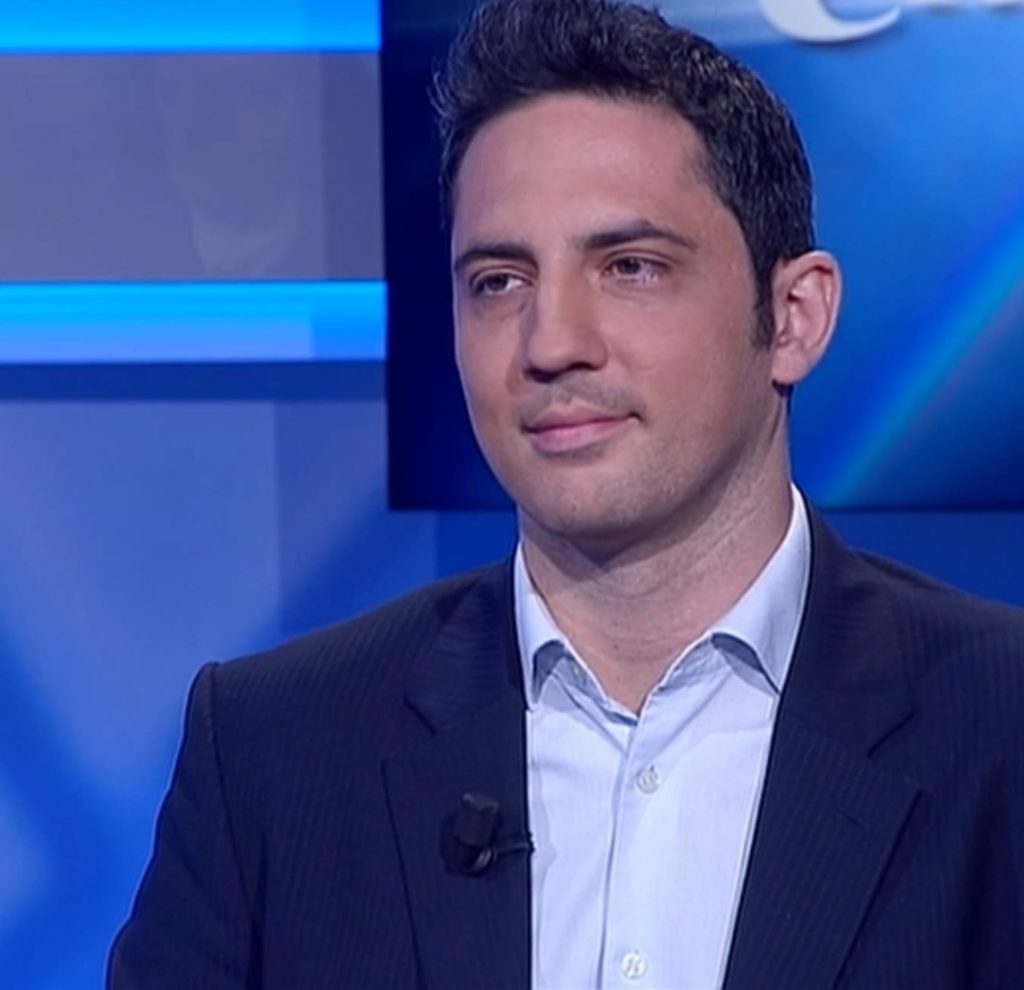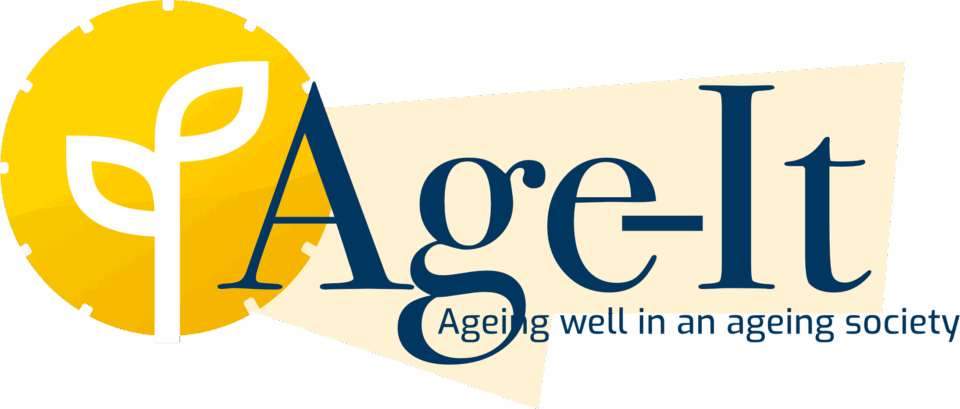
Diagnosis, treatment, and long-term dealing with cancer can cause a variety of stressors in patients. The prevalence of psychological distress among cancer patients is higher than in the general population, with increasing risk of developing clinical levels of anxiety and depression. Psychosocial distress can appear early in the diagnostic process and have negative effects on treatment compliance and quality of life. In addition to the trauma that may result from the diagnosis, treatment and long-term effects of cancer, other stressful events can precede and occur in conjunction within the treatment process. Therefore, establishing the factors that prevent or mitigate discomfort is fundamental to develop interventions aimed at promoting coping skills and strategies. In this context, self-efficacy represents a specific construct that can favor the implementation of coping behaviors aimed at mitigating or preventing stress and maintaining the quality of life desired by the patient. Cancer patients with high perceived self-efficacy are more likely to manage distress, with a positive effects on the effectiveness of the treatments they have to undergo. In this scenario, the validation of tests aimed at assessing the levels of self-efficacy in cancer patients represents a fundamental step for the development of self-efficacy interventions aimed at reducing distress and improving the quality of life of patients.
Publications
- Chirico, A., D’aiuto, G., Penon, A., Mallia, L., De Laurentiis, M., Lucidi, F., Botti, G., and Giordano, A. (2017). Self-efficacy for coping with cancer enhances the effect of reiki treatments during the pre-surgery phase of breast cancer patients. Anticancer Research, 37(7), 3657–3665. https://doi.org/10.21873/anticanreS.11736
- Chirico, A., D’Aiuto, M., Pinto, M., Milanese, C., Napoli, A., Avino, F., Iodice, G., Russo, G., De Laurentiis, M., Ciliberto, G., Giordano, A., and Lucidi, F. (2016). The Elapsed Time During a Virtual Reality Treatment for Stressful Procedures. A Pool Analysis on Breast Cancer Patients During Chemotherapy. In Smart Innovation, Systems and Technologies (Vol. 55, pp. 731–738). https://doi.org/10.1007/978-3-319-39345-2_65
- Chirico, A., Lucidi, F., De Laurentiis, M., Milanese, C., Napoli, A., and Giordano, A. (2016). Virtual Reality in Health System: Beyond Entertainment. A Mini-Review on the Efficacy of VR During Cancer Treatment. Journal of Cellular Physiology, 231(2), 275–287. https://doi.org/10.1002/jcp.25117
- Chirico, A., Lucidi, F., Mallia, L., D’Aiuto, M., and Merluzzi, T. V. (2015). Indicators of distress in newly diagnosed breast cancer patients. PeerJ, 3(7), e1107. https://doi.org/10.7717/peerj.1107
- Chirico, A., Lucidi, F., Merluzzi, T., Alivernini, F., De Laurentiis, M., Botti, G., and Giordano, A. (2017). A meta-analytic review of the relationship of cancer coping self-efficacy with distress and quality of life. Oncotarget, 8(22), 36800–36811. https://doi.org/10.18632/oncotarget.15758
- Chirico, A., Maiorano, P., Indovina, P., Milanese, C., Giordano, G. G., Alivernini, F., Iodice, G., Gallo, L., De Pietro, G., Lucidi, F., Botti, G., De Laurentiis, M., and Giordano, A. (2020). Virtual reality and music therapy as distraction interventions to alleviate anxiety and improve mood states in breast cancer patients during chemotherapy. Journal of Cellular Physiology, 235(6), 5353–5362. https://doi.org/10.1002/jcp.29422
- Chirico, A., Serpentini, S., Merluzzi, T., Mallia, L., Del Bianco, P., Martino, R., Trentin, L., Bucci, E., De Laurentiis, M., Capovilla, E., Botti, G., and Giordano, A. (2017). Self-efficacy for Coping Moderates the Effects of Distress on Quality of Life in Palliative Cancer Care. Anticancer Research, 37(4), 1609–1615. https://doi.org/10.21873/anticanres.11491
- D’Aiuto, M., Chirico, A., De Riggi, M. A., Frasci, G., De Laurentiis, M., Di Bonito, M., Vici, P., Pizzuti, L., Sergi, D., Maugeri-Saccà, M., Barba, M., and Giordano, A. (2016). Body mass index and treatment outcomes following neoadjuvant therapy in women aged 45 y or younger: Evidence from a historic cohort. Cancer Biology & Therapy, 17(5), 470–476. https://doi.org/10.1080/15384047.2016.1156265
- Esposito, M. R., Guillari, A., Giancamilli, F., Rea, T., Piredda, M., De Marinis, M. G., and Chirico, A. (2020). A Psychometric Validation of the Decisional Conflict Scale in Italian Cancer Patients Scheduled for Insertion of Central Venous Access Devices. Anticancer Research, 40(10), 5583–5592. https://doi.org/10.21873/anticanres.14571
- Merluzzi, T. V., Chirico, A., Serpentini, S., Yang, M., and Philip, E. J. (2019). The role of coping in the relationship between stressful life events and quality of life in persons with cancer. Psychology & Health, 34(4), 497–513. https://doi.org/10.1080/08870446.2018.1545905
- Moss, T., Chirico, A., Mallia, L., Lucidi, F., Fucito, A., D’aiuto, M., and Giordano, A. (2016). Psychosocial outcomes of quadrantectomy versus mastectomy in a southern Italian sample: Development and needs of the Italian derriford appearance scale 24. Anticancer Research, 36(4), 1519–1526.
- Palma, G., Frasci, G., Chirico, A., Esposito, E., Siani, C., Saturnino, C., Arra, C., Ciliberto, G., Giordano, A., and D’Aiuto, M. (2015). Triple negative breast cancer: looking for the missing link between biology and treatments. Oncotarget, 6(29), 26560–26574. https://doi.org/10.18632/oncotarget.5306
- Pizzuti, L., Sergi, D., Mandoj, C., Antoniani, B., Sperati, F., Chirico, A., Di Lauro, L., Valle, M., Garofalo, A., Vizza, E., Corrado, G., Tomao, F., Rinaldi, M., Carpano, S., Maugeri‐Saccà, M., Conti, L., Digiesi, G., Marchetti, P., De Maria, R., … Vici, P. (2018). GLUT 1 receptor expression and circulating levels of fasting glucose in high grade serous ovarian cancer. Journal of Cellular Physiology, 233(2), 1396–1401. https://doi.org/10.1002/jcp.26023
- Rocco, G., Petitti, T., Martucci, N., Piccirillo, M. C., La Rocca, A., La Manna, C., De Luca, G., Morabito, A., Chirico, A., Franco, R., Pedicini, T., and Giordano, A. (2016). Survival after surgical treatment of lung cancer arising in the population exposed to illegal dumping of toxic waste in the land of fires (‘Terra dei Fuochi’) of Southern Italy. Anticancer Research, 36(5), 2119–2124.
- Serpentini, S., Del Bianco, P., Chirico, A., Merluzzi, T. V., Martino, R., Lucidi, F., De Salvo, G. L., Trentin, L., and Capovilla, E. (2019). Self-efficacy for coping: utility of the Cancer behavior inventory (Italian) for use in palliative care. BMC Palliative Care, 18(1), 34. https://doi.org/10.1186/s12904-019-0420-

